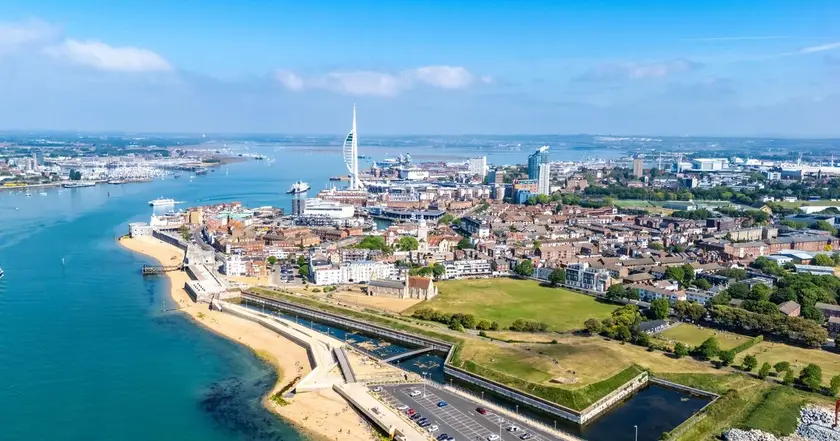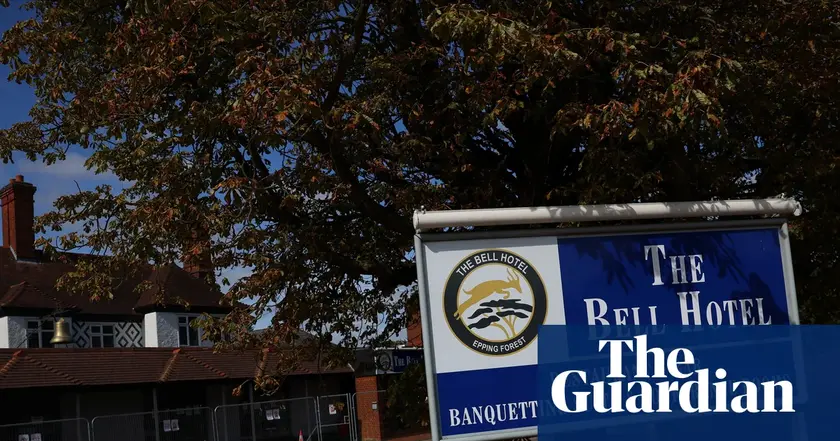T4K3.news
Backlog and costs drive asylum housing debate
A High Court ruling highlights a growing hotel based system and a rising price tag.

A High Court ruling sheds light on a growing hotel based accommodation system tied to a large backlog and rising costs.
Difficult decisions lie ahead after asylum seeker hotel ruling
There are about 32,000 asylum seekers in hotel accommodation across the United Kingdom in around 210 hotels. That is down from a peak of 56,000 in 400 hotels before the general election. The hotels are used because there is an unprecedented backlog in the number of people waiting for a decision on their asylum claims. In 2014, 87 out of 100 asylum applicants received a decision within six months. By 2021, that rate had fallen to six out of 100. The backlog grew largely after the Home Office scrapped a target for how quickly to process cases in 2018. The end of the pandemic led to a global rush in movements, and the United Kingdom saw more arrivals as people smugglers built a trade across the English Channel. The backlog reached 132,000 cases by 2022, and the Home Office started buying more hotel space as standard private accommodation ran out. In 2023, the government halted processing applications from people arriving in small boats, hoping to shift some cases to Rwanda. All of this now costs about 5.4 billion pounds a year, roughly double the bill in 2021-22. The legal battles followed, with councils trying to stop hotels being used. Ipswich Borough Council and the East Riding of Yorkshire Council argued that hotels were being illegally turned into hostels under local planning rules. Courts largely weighed the national picture against local concerns, and ministers argued there is a legal duty to safely house asylum seekers while options remain limited. Great Yarmouth blocked hotel use on its seafront because the plan conflicted with a local tourism strategy, but that decision was highly situation specific and of limited use to others.
Key Takeaways
"Ministers have a duty imposed by Parliament to safely house asylum seekers awaiting a decision"
Stressing legal obligation amid the backlog
"The backlog has become a financial burden on the state and its towns"
Editorial assessment of the cost impact
"Local councils can block a plan at the margins but not stop the overall need for shelter"
Illustrates tension between local and national scope
The ruling underscores a tension at the heart of the asylum system: humanitarian duties collide with budget limits and a fragile housing market. The reliance on hotels as a stopgap has become a long term cost driver for the state and a test of local governance. Policy moves such as the Rwanda plan add political weight and legal complexity, making it harder for councils to adapt quickly. As the backlog persists, public services and taxpayers face a growing burden, while lawmakers face pressure to find faster, fairer processing without compromising safety or due process.
Highlights
- Backlogs stretch budgets and patience alike
- Taxpayers fund a system stretched past breaking point
- Local plans clash with national duties in a courtroom drama
- Decisions delay equals human cost as time ticks on
Budget and political risk from asylum housing backlog
Rising costs and policy disputes create political sensitivity. Local backlash and budget pressures can influence future reforms.
Policy choices now will shape the asylum system for years to come.
Enjoyed this? Let your friends know!
Related News

Portsmouth asylum housing data gap

UK asylum hotel clash reshapes local politics

Tory MP criticizes Starmer's handling of asylum seekers

Gaza plan top stories prompt broad UK policy questions

Driver jailed after 96 mph crash while drinking costs two teenagers their lives

Midlands builder calls newbuild gardens diabolical

Labour councils map legal routes to end asylum hotels

Lib Dem push for review of terrorism laws
